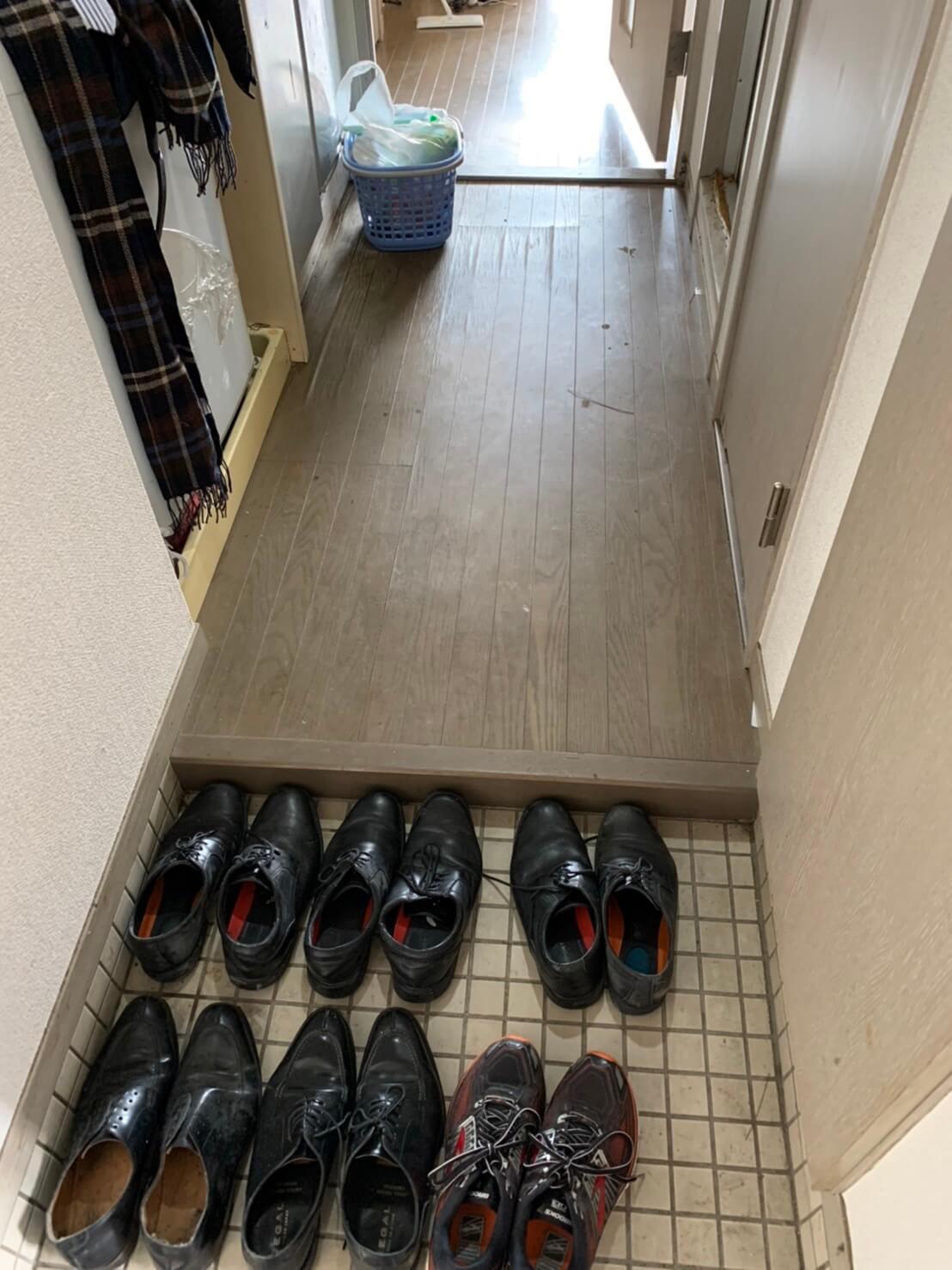With the increasing concern about the environment, many people are now more aware of the importance of proper waste handling. While it is unique insight that recycling is essential, understanding local waste regulations and compliance can save you a lot of stress and potential fines. In this article, we will cover the importance of knowing your local waste management laws and regulations, and provide some tips on how to stay up-to-date.
Understanding the significance of local waste management is crucial because they vary greatly from one place to another. Depending on where you live, different types of waste may be subject to specific regulations. For example, some communities may require individual collection of organic waste, while others may have strict rules for disposing of hazardous materials.

Failing to knowing the local laws and regulations can have serious consequences. For instance, improper disposal of hazardous waste can put the environment and nearby residents at risk. Similarly, not recycling certain materials as required can attract substantial fines and fines. In some cases, ignorance of the law may even result in prosecution.
So, how can you stay up-to-date with local waste management laws and regulations? The first step is to familiarize with the laws in your area. You can usually find this information on your local government’s website or by reaching out to your local waste management department. Take the time to read and understand the laws, as well as any guidelines for recycling and disposing of waste.
Essential tip is to categorize your waste correctly. This means distinctly recyclables from regular trash and organic waste from regular trash. You should also check the types of materials that are accepted by your local recycling program. Some communities may not accept certain types of plastic or glass, so it’s crucial to understand what is allowed.
Regularly checking with your local waste management department is another way to stay up-to-date about any changes to laws or collection procedures. They may also offer you with information on special collection events or programs, such as large trash pickup or electronic waste collection.
Lastly, consider participating in community programs or initiatives that promote recycling and proper waste disposal. These programs can provide valuable information, support, and ゴミ屋敷 片付け 北九州 guidance to help you stay compliant with local waste management laws and regulations.
In summary, understanding local waste management laws and regulations is a crucial step in protecting the environment and avoiding potential fines and penalties. By familiarizing yourself with the laws in your area, sorting your waste correctly, regularly checking with your local waste management department, and participating in community initiatives, you can contribute to a more and ecologically conscious community.
